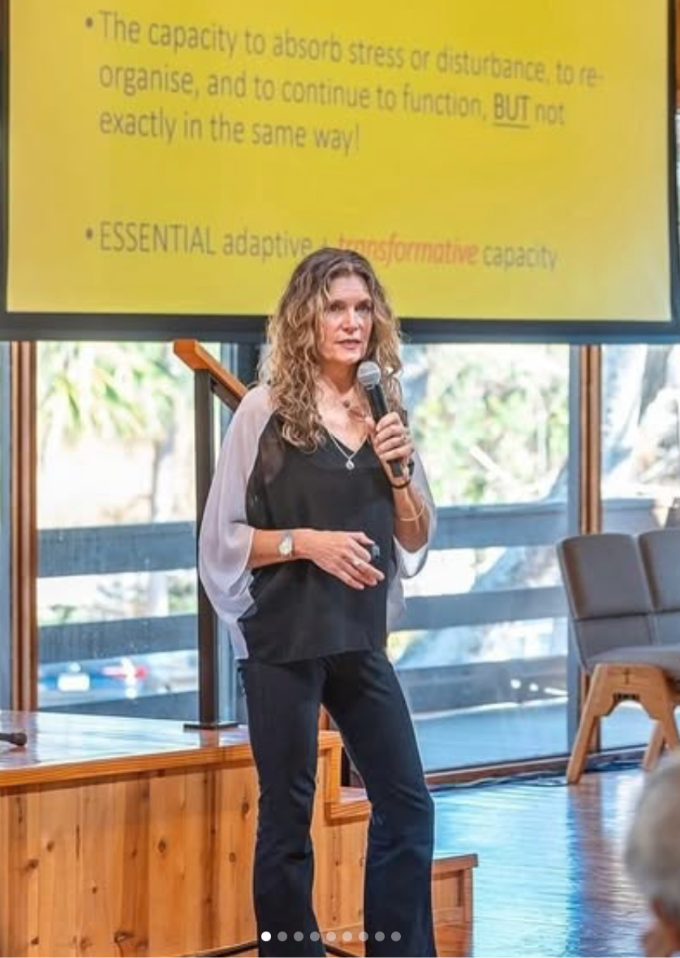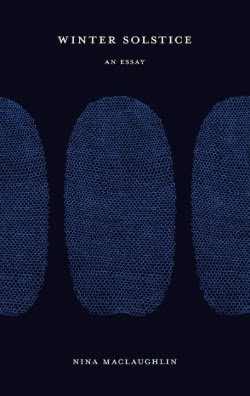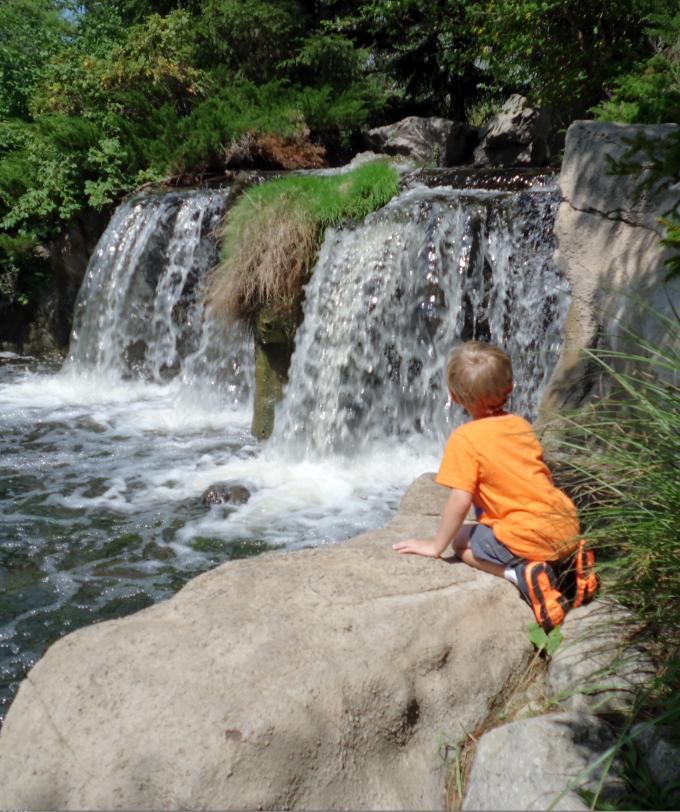August 22, 2025
Nature
We need a new way of thinking to build resilient, sustainable communities in a rapidly changing world.

Nina-Marie Lister spoke at the Adaptation by Design symposium in Sarasota, Florida, on resilience, design, and recovery in the wake of Hurricanes Helene and Milton. Image via Instagram
Chris Reed is an urban ecologist and designer. Nina-Marie Lister is a planner and ecologist. Together, they argue that ecological thinking not only can—but must—shape design practices for a sustainable future.
This article makes a clear case for why the old view of nature as stable and controllable is outdated and even dangerous. Instead, ecological thinking shows us that ecosystems are dynamic, interconnected, and always changing—where uncertainty, adaptation, and resilience are fundamental.
Reed and Lister suggest that the designers and planners of the future will work with natural systems rather than trying to control them. They envision flexible, adaptive approaches that respond to change, and a recognition that humans are participants in ecosystems, not outsiders. This, they say, is how we will learn to work with natural systems to create resilient, sustainable environments that support both human and non-human life.
"Large-scale longitudinal research in ecosystem ecology has clearly shown that change is not only built into these systems but in some cases ecosystems are dependent on change for growth and renewal. For example, fire-dependent forests contain tree species that require the extreme heat of fire to release and disperse seeds and facilitate forest renewal — and sometimes, a shift in the complement of species."
"When major storm events happen (particularly in densely populated or urbanizing regions), they can trigger a series of changes in species distribution, nutrient regimes and resource availability, which can effectively push an ecosystem into a new state."




